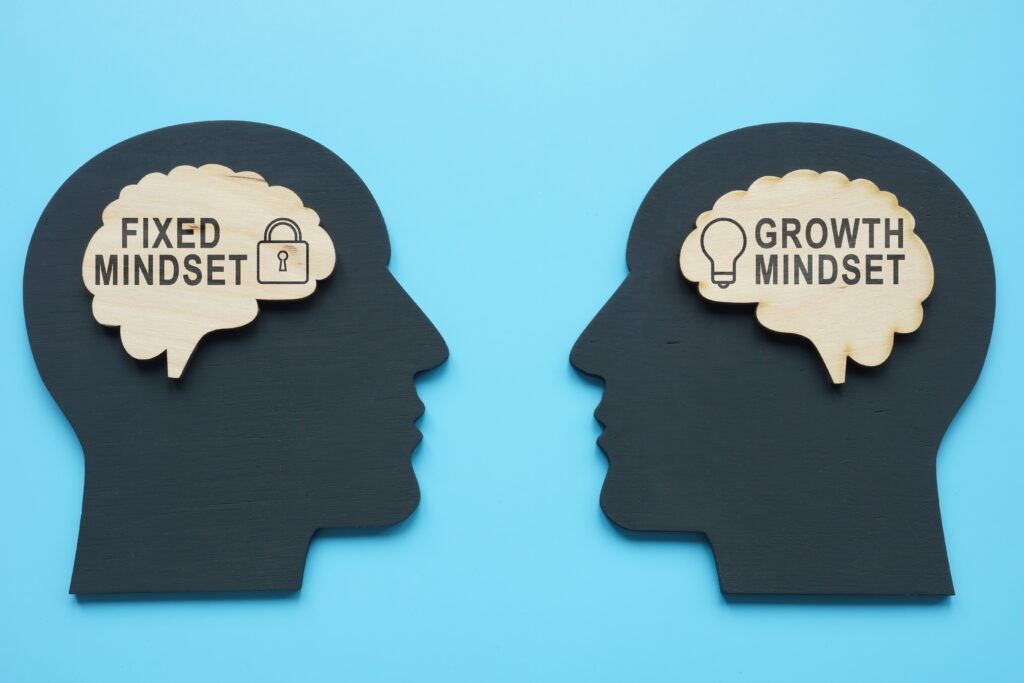Your mindset is more than just a set of beliefs—it’s the lens through which you view your abilities, your challenges, and your future. Whether you’re just starting your career or launching your first business, understanding how your mindset works can be the difference between staying stuck and making real progress.
In particular, the contrast between a fixed and a growth mindset plays a powerful role in shaping your success. By recognizing the mindset you currently operate from, you can start making intentional changes that lead to greater resilience, learning, and achievements.
Read on to discover how your mindset influences success—and how to develop the one that drives growth in your professional journey.
Main Points:
- Mindset Shapes Your Success: How you perceive your abilities—fixed or growth—affects your willingness to learn, adapt, and overcome obstacles.
- A Fixed Mindset Limits Growth: Believing talents are unchangeable leads to avoiding challenges, giving up easily, resisting feedback, and feeling threatened by others’ success.
- A Growth Mindset Fuels Development: Embracing challenges, persevering through setbacks, valuing feedback, and celebrating others’ achievements builds resilience and continuous improvement.
- You Can Develop a Growth Mindset: By changing your self-talk, redefining failure as learning opportunities, recognizing effort, seeking challenges, and welcoming feedback, you can shift your mindset toward growth.
- Your Mindset Is a Choice: Intentional cultivation of a growth mindset unlocks your potential and opens doors for greater success in your career and business.
What Is a Fixed Mindset and How It Affects Success
A fixed mindset is the belief that your core qualities—like intelligence, creativity, or talent—are unchangeable. You’re either born with them or you’re not. As a result, people with a fixed mindset often feel the need to constantly prove rather than improve themselves.
Here’s how this mindset shows up:
- Avoiding challenges: If you believe your ability is fixed, you might avoid tasks that risk failure. This limits your growth by keeping you in your comfort zone and away from meaningful progress.
- Giving up easily: Obstacles feel like proof that you’re not good enough rather than chances to grow. Instead of building resilience, this mindset leads to discouragement and stalled momentum.
- Resisting feedback: Constructive criticism is taken personally, not as an opportunity for improvement. As a result, valuable learning moments are missed, and development is slowed.
- Feeling threatened: Another person’s achievements can trigger insecurity instead of inspiration. This creates a competitive mindset rather than one of collaboration and mutual growth.
As psychologist Carol Dweck explains in her book, Mindset: The New Psychology of Success, “In a fixed mindset, people believe their basic qualities, like their intelligence or talent, are simply fixed traits. They spend their time documenting their intelligence or talent instead of developing them. They also believe that talent alone creates success—without effort.”
This mindset can limit your success because it discourages risk-taking and growth. If you’re always focused on proving your worth, you’re less likely to push your boundaries or learn from failure, both essential ingredients for progress in any career or business.
Understanding Growth Mindset and Why It Matters
A growth mindset, on the other hand, is rooted in the belief that abilities can be developed. With effort, feedback, and persistence, you can improve—even in areas where you once struggled.
People with a growth mindset tend to:
- Embrace challenges: They see difficulties as opportunities to learn and build resilience. Challenges are viewed not as threats, but as stepping stones toward improvement.
- Persevere through setbacks: Instead of giving up, they try new strategies and keep going. They understand that progress is often non-linear and persistence is key to long-term success.
- Value feedback: They use constructive criticism as a tool for growth. Feedback becomes a valuable mirror that reveals blind spots and areas for improvement.
- Celebrate others’ success: They find inspiration and lessons in what others achieve. Rather than comparing or competing, they use others’ wins as motivation to grow further.
Dweck defines it this way: “In a growth mindset, people believe that their most basic abilities can be developed through dedication and hard work—brains and talent are just the starting point. This view creates a love of learning and a resilience that is essential for great accomplishment.”
Why does this matter for beginner professionals and entrepreneurs? Because no matter where you start, success in today’s fast-paced world depends on your ability to adapt, keep learning, and stay committed—even when things get tough. A growth mindset makes that possible.
Examples of Having a Growth Mindset
You don’t need to be a motivational speaker or a seasoned leader to demonstrate a growth mindset. In fact, some of the most impactful examples show up in everyday professional behavior:
- A recent graduate applies for roles outside their comfort zone, viewing the application process as a learning experience, even when they don’t get the job.
- An early-stage entrepreneur takes customer feedback seriously and uses it to refine their product rather than defending it.
- A junior team member asks for coaching on a skill they haven’t mastered yet and sees slow progress as a sign of momentum, not failure.
- A marketer experiments with a new campaign strategy, even if the outcome is uncertain, because they know testing leads to insight.
These are all examples of having a growth mindset—choosing progress over perfection and seeing learning as a lifelong process.
How To Develop a Growth Mindset
The good news is that your mindset isn’t fixed. You can train yourself to shift from a fixed to a growth mindset over time. Here are practical strategies to help you get started:
Pay attention to your self-talk
Catch thoughts like “I’m not good at this” and reframe them into “I’m still learning this” or “I haven’t mastered it yet.” This shift in language helps rewire your brain to focus on progress rather than limitations.
Redefine failure as feedback
Instead of seeing mistakes as dead ends, treat them as data. What can you learn? What will you do differently next time? Every setback becomes a stepping stone toward improvement when you see it as part of the process.
Celebrate effort, not just results
Whether it’s your own work or someone else’s, give recognition to persistence, learning, and courage to try. This reinforces the idea that consistent effort is what leads to long-term growth and success.
Seek out challenges on purpose
Deliberately choose tasks that stretch you. Growth doesn’t happen in your comfort zone. Facing new difficulties builds both confidence and competence over time.
Ask for feedback—and really listen
Even if it stings a little, view feedback as a valuable resource. It’s one of the fastest ways to grow, both personally and professionally. Listening openly shows maturity and signals to others that you’re committed to continuous improvement.
Over time, these habits help adjust the way you think, creating a foundation for ongoing development and long-term success.
Final Thoughts: Choose Growth Over Limitation
Your mindset is a powerful success driver. The key is to recognize where you currently stand and intentionally cultivate habits that foster growth, resilience, and continuous learning, unlocking your true potential along the way.
Remember, staying where you are may feel safe, but it also limits your opportunities to grow and achieve more. Embrace the challenge of change, and watch how your success unfolds.
Looking for more expert tips?
If you found this guide helpful, follow us for more insights and tips. At Sense Forever Inc., we’re committed to empowering aspiring direct sales and marketing professionals across California with expert guidance and exciting career opportunities.
Visit our website to learn more and take the next step in your professional journey.


